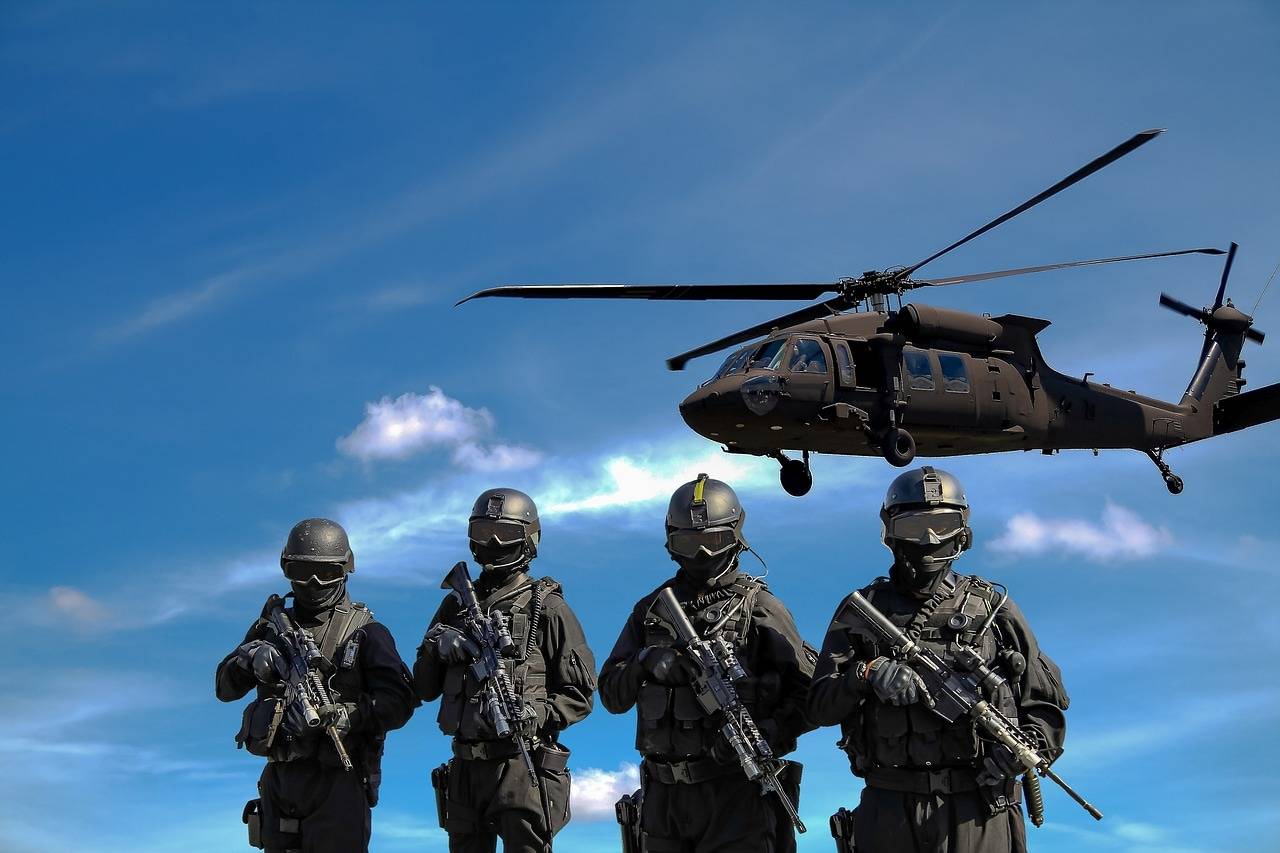INTRODUCTION:
In a world often defined by conflicts and geopolitical tensions, there are countries that have chosen a different path, embracing the absence of a military or army. These nations prioritize peace, diplomacy, and non-aggression, redirecting their resources toward development, education, and social welfare. In this blog post, we will embark on a journey to explore countries that have adopted a unique stance by dismantling their military forces, highlighting their motivations, benefits, and challenges.
1. Costa Rica: A Legacy of Peace:
Costa Rica stands as a shining example of a nation dedicated to peace. Since abolishing its military in 1949, Costa Rica has invested in education, healthcare, and environmental conservation. The absence of military expenditure has allowed the country to allocate resources towards social programs, resulting in a high literacy rate, strong environmental policies, and a reputation for stability in a region often marred by conflict.
2. Iceland: Security through Cooperation:
Iceland, known for its stunning landscapes and geothermal energy, is another country without a standing army. Instead, it relies on cooperative defense agreements, notably with NATO. Iceland's strategic location in the North Atlantic has prompted it to focus on diplomatic relations, international cooperation, and contributions to peacekeeping missions, emphasizing a commitment to global security without maintaining a military force.
3. Vatican City: Spiritual Sovereignty:
As the spiritual and administrative headquarters of the Catholic Church, Vatican City represents a unique case of a country without a military. Governed by the Pope, it relies on the Swiss Guard for ceremonial duties and security. Vatican City's commitment to peace is rooted in its spiritual mission, promoting dialogue, compassion, and diplomacy as tools for addressing global challenges.
4. Andorra: Collaborative Defense:
Nestled in the Pyrenees mountains, Andorra has opted for a collaborative approach to defense. With no standing army of its own, it relies on neighboring countries, specifically Spain and France, for its security. Through international treaties and cooperation, Andorra maintains its sovereignty and focuses on social development, tourism, and fostering a peaceful environment for its residents and visitors.
5. Palau: From Conflict to Conservation:
Palau, a small island nation in the Pacific, has a unique history of transitioning from a military presence to becoming a conservation leader. Following the end of World War II, Palau experienced a military occupation. However, with its commitment to peace and sustainability, Palau has shifted its focus to marine conservation and sustainable tourism, protecting its pristine natural environment and promoting peace through environmental stewardship.
6. Mauritius:
Mauritius is another country that operates without a military. Its defense responsibilities are managed by the National Police Force and the Special Mobile Force, which primarily focus on law enforcement and internal security. The absence of a military allows Mauritius to allocate resources to economic development, education, and social welfare.
7. Liechtenstein:
Liechtenstein, a microstate situated between Austria and Switzerland, does not maintain a military force. Its defense is the responsibility of Switzerland, with which it has a long-standing agreement. Liechtenstein prioritizes economic diversification, financial services, and maintaining its unique political and cultural identity.
8. Dominica
9. Kiribati
10. Samoa
11. Monaco
12. Solomon Islands
13. Federated States of Micronesia
14. Marshall Islands
CONCLUSION:
Countries without a military or army demonstrate alternative paths to security and peace. By redirecting resources towards education, development, diplomacy, and international cooperation, these nations prioritize the well-being of their citizens and contribute to global stability. While challenges may exist, such as relying on international partnerships for defense, these countries embody a commitment to peace and offer valuable lessons to the world.
As we reflect on their stories, we are reminded that peace is not solely achieved through military might but also through fostering understanding, cooperation, and investing in the well-being of individuals and communities. Perhaps by learning from the experiences of these countries, we can find inspiration to pursue peaceful solutions, build bridges, and work towards a world that embraces dialogue and diplomacy as the foundations of global harmony.
REFERENCES:
- https://www.un.org/disarmament/un-saferworld/5-countries-that-dont-have-a-military/
- https://www.nytimes.com/2019/01/24/world/americas/costa-rica-military-budget.html
- https://www.cfr.org/backgrounder/costa-rica-demilitarization-and-human-development
- https://www.nytimes.com/2015/08/12/world/europe/andorra-army-disbandment-history.html
- https://borgenproject.org/palau-no-army/




No comments yet
Be the first to share your thoughts!